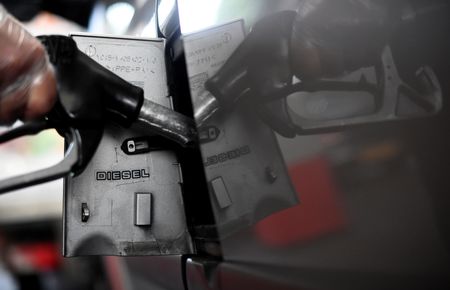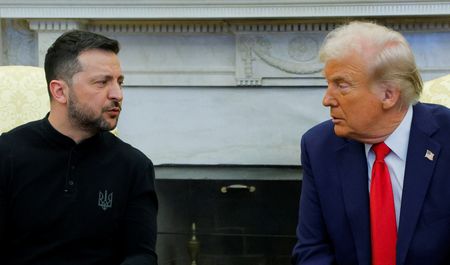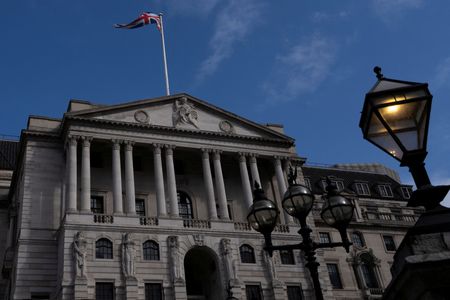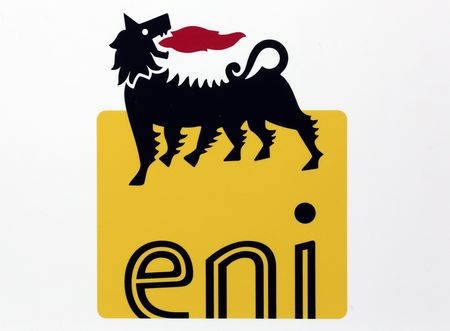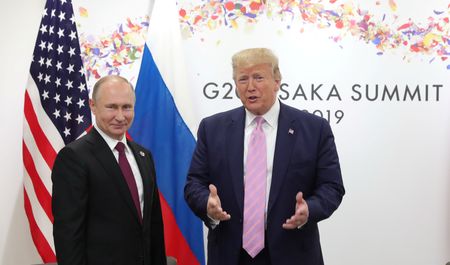By James Davey
LONDON (Reuters) -Britain’s two largest bioethanol producers have warned that last week’s U.S.-UK trade deal which removed tariffs on U.S. ethanol entering the UK has triggered an “existential threat” to the industry.
Thursday’s agreement will see Britain’s 19% tariffs on U.S. ethanol fall to zero through a 1.4 billion-litre (370 million gallon) quota – a figure equating to the size of the UK’s entire ethanol market today.
Producers Associated British Foods and Ensus, which operate bioethanol facilities at Teesside and Hull in northern England, together account for nearly all of the UK’s bioethanol production capacity.
Along with supply chain partners, they support thousands of jobs. Both said the operating environment “is now impossible”.
“This (tariff) change comes on top of regulations that give overseas producers an unfair advantage in the British market,” Paul Kenward, CEO of ABF Sugar, and Grant Pearson, chairman of Ensus, said in a joint statement.
“This vital sector is now facing imminent collapse because of the trade deal. In our current situation, we will have to close these plants,” they said, going further than a statement AB Foods made on Friday.
Bioethanol is produced from crops like wheat and sugar cane and is used to make petrol. Byproducts of its production include animal feed and carbon dioxide, the latter facing severe shortages in 2022.
Britain’s National Farmers’ Union has warned the ethanol measure could mean the loss of a profitable outlet for arable growers which supply the industry.
ABF Sugar and Ensus jointly purchase more than two million tonnes of wheat annually.
“We are fast approaching the point where we need to decide whether to sign new contracts. In the current conditions, that would be irresponsible,” they said, calling for “urgent government action”.
Britain’s concession on ethanol and beef was made in return for the removal of 25% additional tariffs on steel and aluminium, and a quota of 100,000 cars at a duty of 10%.
A spokesperson for British Prime Minister Keir Starmer said officials from the Department for Business and Trade had met the affected companies, and that “close engagement will continue in the coming weeks and months”.
(Reporting by James Davey; additional reporting by Alistair Smout. Editing by Rachna Uppal)

